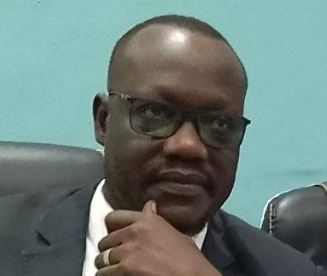David De Dau, a member of the Transitional National Legislative Assembly (TNLA) representing Twic East County of Jonglei State, has called on President Salva Kiir to urgently mitigate the economic challenges the country is grappling with.
In a letter addressed to the president, the legislator highlighted several challenges posed by the delay in payment of several months’ civil servants’ salary arrears and said many people can no longer afford to send their children to school, while others are struggling to pay bills, including putting food the table.
“Yes, yesterday I wrote a letter to the president as a Member of Parliament. It was voluntary opinion to the president to consider the plight of the people of South Sudan,” he said. “If you look around, the economic situation has extremely deteriorated and the peace agreement has stalled as another peace agreement is being initiated in Nairobi when the current peace agreement is not being implemented.”
The lawmaker noted the fact that the current peace agreement is not being sustained, the country’s social fabric is being torn apart and above all, the economic situation is getting desperate.
“The majority of South Sudan children are not going to school simply because the government has failed in addressing the basic needs of the people including paying the least rights of the people, which is salaries and the markets are shrinking and closing,” Dau emphasized.
He pointed out that civil servants have not been paid for nine months, hyperinflation stands at a whopping 602 percent and the population is going hungry.
“That is the reason why I wrote that particular letter to bring the issues to the attention of the president and to say that, please, when it gets out of hand, it will be for all of us,” the parliamentarian stated. “Hunger is looming in this country which is going make our people more vulnerable and that is going to affect political and social relations of people and parties in the country. In other words, I am simply asking the president for order to come.”
“You can now see some of the difficulties the people are facing are now creating a rise in insecurity in different states,” Dau concluded.




